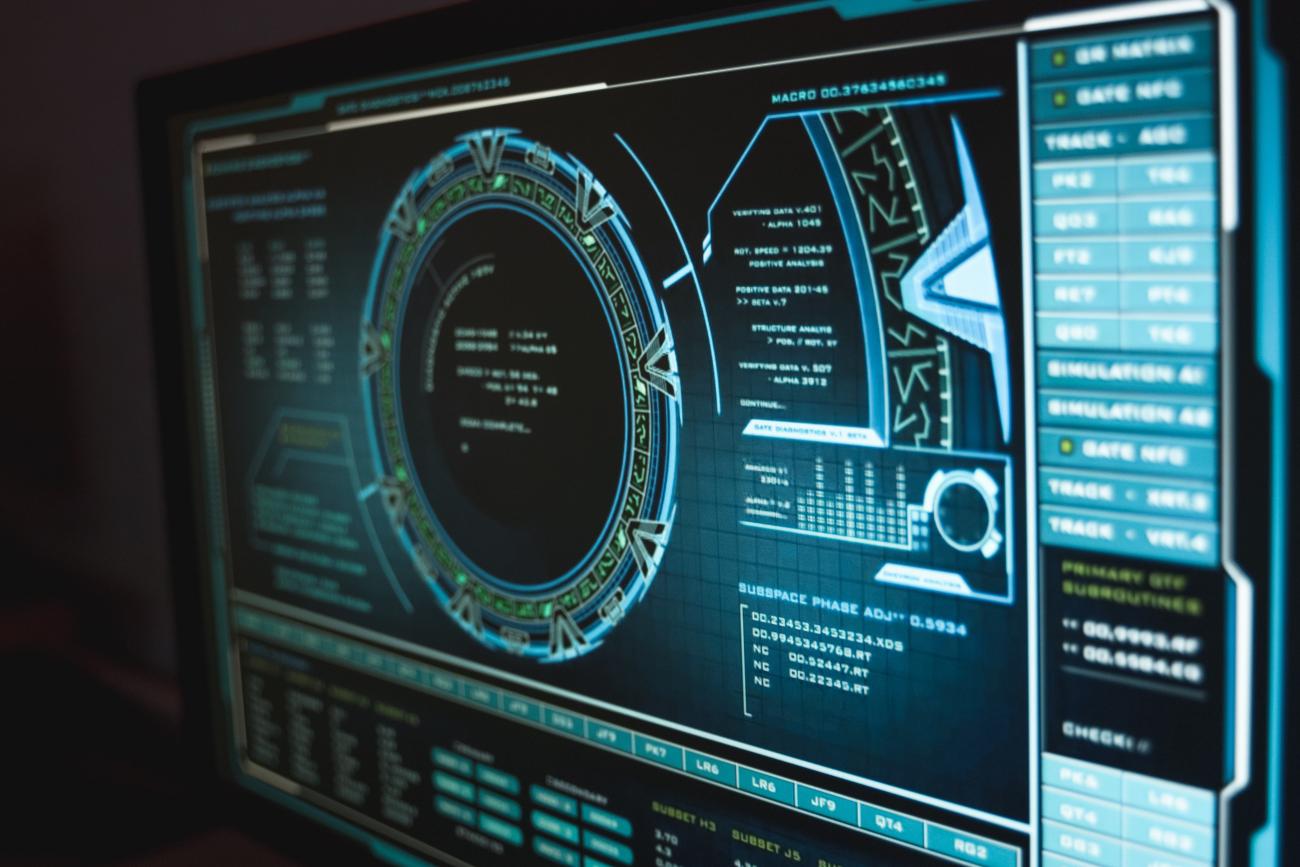The current state of cybersecurity
It’s no secret that the current state of cybersecurity is not where it needs to be. The headlines are filled with stories of massive data breaches and cyber attacks that have crippled organizations and left millions of people’s personal information exposed.
But it’s not all doom and gloom – there are also many positive advancements being made in the cybersecurity field. New technologies and approaches are being developed all the time that are helping to improve security, and the awareness of cybersecurity risks is also on the rise.
So what does the future hold for cybersecurity? Here are four predictions for the future of this ever-evolving field:
1. Cybersecurity will become more proactive than reactive.
Too often, organizations only think about security after they’ve been attacked. But in the future, we predict that more organizations will adopt a proactive approach to security, instead of waiting until it’s too late. This means investing in prevention and detection technologies, as well as having a robust incident response plan in place so that you can quickly recover from any attacks that do happen.
2. AI and machine learning will play a bigger role in cybersecurity.
Artificial intelligence (AI) and machine learning are already starting to transform the cybersecurity landscape. These technologies can be used for tasks like identifying new threats, automating repetitive tasks, and improving detection capabilities. And as these technologies continue to evolve, they will become even more powerful tools in the fight
The evolving cyber threat landscape
There is no doubt that the cybersecurity landscape is constantly evolving. As new technologies are developed and deployed, cybercriminals are quick to adapt and find new ways to exploit them. This makes it increasingly difficult for organizations to keep up with the latest threats and protect their systems and data.
In recent years, we have seen a rise in sophisticated attacks that target critical infrastructure, such as industrial control systems and healthcare organizations. These attacks can have devastating consequences, disrupting vital services and causing widespread disruption. We are also seeing an increase in targeted attacks that aim to steal sensitive data or disrupt business operations.
As the threat landscape evolves, it is becoming more important than ever for organizations to invest in robust cybersecurity solutions. This includes not only traditional security measures, such as firewalls and antivirus software, but also advanced tools that can detect and defend against sophisticated attacks. In addition, organizations need to ensure that their employees are aware of the latest threats and know how to protect themselves from them.
The need for new approaches to cybersecurity
As the world becomes increasingly digital, so too do the threats to our cybersecurity. Traditional approaches to cybersecurity are no longer enough to keep us safe from the constantly evolving landscape of cyber-attacks. We need new approaches that can keep up with the changing times.
One approach that is gaining popularity is known as "threat hunting." This involves proactively searching for signs of an attack, rather than waiting for an alert. This can help to identify attacks before they cause serious damage.
Another promising approach is artificial intelligence (AI). AI can be used to automatically identify and block malicious activity. It can also be used to help human security analysts work more efficiently by identifying patterns and trends in data.
These are just two of the many new approaches to cybersecurity that are being developed. As the threats we face continue to evolve, so too must our defences.
The role of artificial intelligence in cybersecurity
Artificial intelligence (AI) is playing an increasingly important role in cybersecurity. By automating the analysis of large amounts of data, AI can help identify potential security threats more quickly and effectively than human analysts. In addition, AI-based systems can be used to automatically block or quarantine malicious files and emails, further preventing attacks.
As AI technology continues to evolve, it is expected that its role in cybersecurity will become even more important. Indeed, some experts believe that AI will eventually play a key role in protecting against cyberattacks, potentially even replacing human security professionals altogether. While this may seem like a far-fetched idea today, it is not outside the realm of possibility given the rapid pace of AI development.
The importance of user education and awareness
As our lives move increasingly online, it's more important than ever to be aware of the dangers that come with it. From identity theft to cyberbullying, there are a variety of ways that criminals can target innocent victims through the internet.
That's why user education and awareness are so important. By teaching people about the risks involved in using the internet, we can help them to better protect themselves against these threats. There are a number of ways to do this, including:
- Providing resources and information on cybersecurity risks and how to avoid them
- Offering training on how to spot and report suspicious activity online
- Encouraging people to use strong passwords and security measures
By increasing user education and awareness, we can make the internet a safer place for everyone.
Conclusion
Cybersecurity is an ever-evolving field and the future looks bright for those with the skills to protect our digital world.
Every week we collaborate with the top minds within cybersecurity, executives and solution providers alike, where we facilitate conversations to help drive change and keep on of the ever-evolving threat landscape.
If you are interested in joining our network of trusted thought leaders or if you want to be one of our innovative solution partners get in touch or fill out the form below.
https://share.hsforms.com/1cIJax5VAQ7a5w2BD_Rj6ug5mejj

